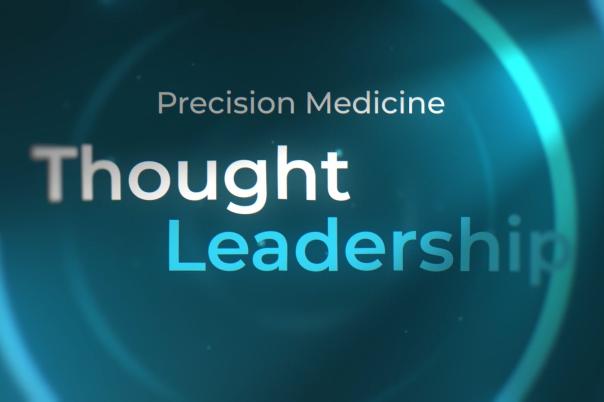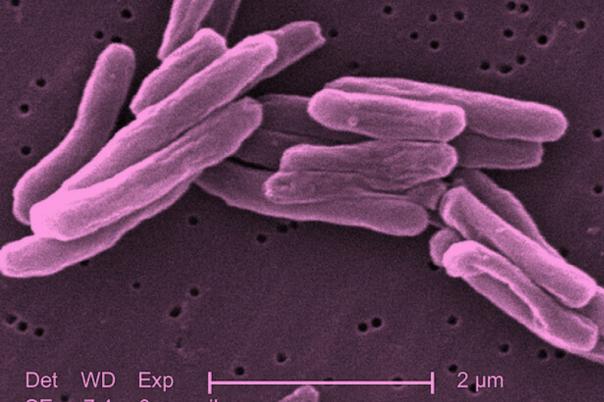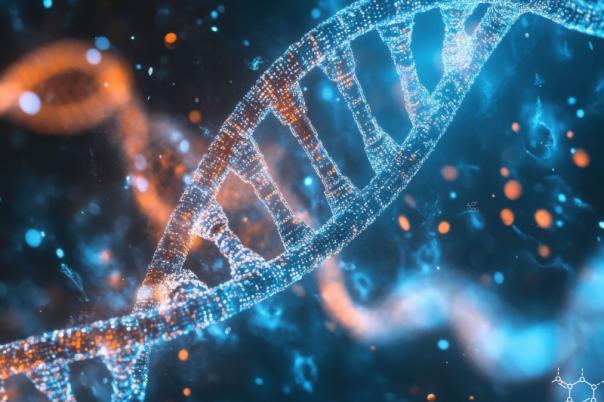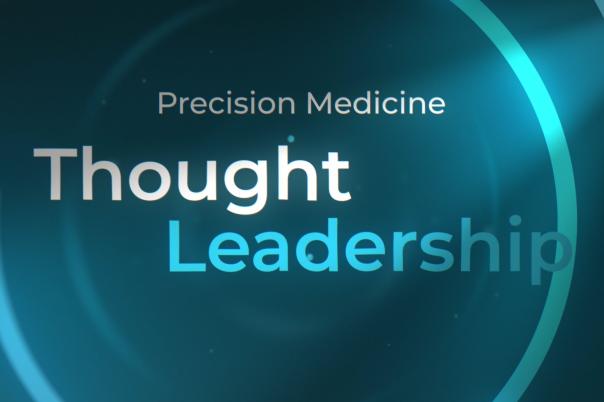João Pinto began his presentation by outlining his background as a pathologist at Ipatimup in Porto and introducing the audience to the evolution of pathology as a clinical discipline. Pinto traced the field’s major revolutions, from the advent of immunohistochemistry, which made previously invisible features visible, to the rise of molecular pathology and, most recently, the digital transformation driven by AI. He emphasised that the validation and regulation of AI software, such as those from Paige and Ibex for prostate cancer, mark a new era in pathology.
Pinto described the current landscape as a “perfect storm”, with rising demand for pathology services, a limited specialised workforce, and increasing case complexity. These pressures, he argued, necessitate a revolution in laboratory practice. Digital pathology, he explained, addresses these challenges by enabling faster, more standardised, and more flexible workflows. At Ipatimup, the transition to a fully digital laboratory since 2020 has resulted in dramatic improvements in turnaround times, with the majority of reports now completed within 24 to 48 hours. This digital foundation has also facilitated remote work and laid the groundwork for AI integration.
Pinto detailed Ipatimup’s real-world implementation of AI, particularly Paige Prostate AI, which the team began trialling in 2021. Their studies simulated daily diagnostic settings, comparing diagnoses made with and without AI assistance. While the pathologists’ accuracy remained high, the use of AI led to fewer requests for immunohistochemistry and second opinions, as well as a notable reduction in observation time. Over two years, the software has demonstrated high sensitivity and negative predictive value, providing pathologists with greater confidence and acting as a safety net.
Further, Pinto highlighted that AI-assisted diagnosis has improved the correlation between biopsy findings and prostatectomy specimens, particularly in identifying candidates for active surveillance and reducing overtreatment. He also discussed the broader potential of AI for quantification tasks and structured reporting, while acknowledging ongoing challenges such as generalisation, explainability, and sustainability. Pinto concluded that AI, when combined with human expertise, delivers faster, more accurate diagnoses and ultimately benefits patient care.





